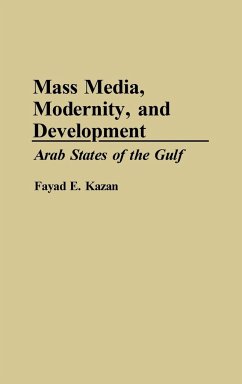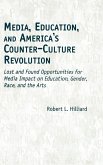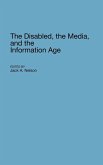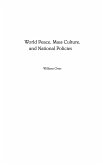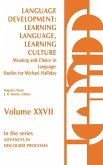Kazan tests several hypotheses on development communications derived from the ideas of Marx, Toynbee, Lerner, McLuhan, Frey, and Schiller, through three years of research he conducted in Saudi Arabia, Oman, Bahrain, the United Arab Emirates, Kuwait, and Qatar. He focuses on whether media content, rather than the process of media exposure (i.e., vicarious exposure to different experiences), is the decisive factor in cultivating modernity. Particularly, Kazan examines whether Gulf media, which convey socially and politically restricted traditional content in traditional societies, cultivate attitudinal traditionality or modernity. Investigated are the differences in the impact of local, regional, and foreign media, and various media organs--including newspapers, magazines, radio, television, video, and electronic media. Kazan also tests the notion of cultural imperialism, such as the degrees of credibility that respondents lend to Western media, their interest in and satisfaction with Western and regional media, and the amount of time respondents allocate to Western and local media. Specific media studied include the Voice of America, Radio Moscow, Monte Carlo Radio, the BBC, Voice of the Arabs, Voice of the Arab Homeland, Radio of the Islamic Republic of Iran, and the local broadcasting services of each Gulf country. Dr. Kazan presents both a review and a critique of classical and mainstream theories of modernization in general, and those of development communication in particular, to determine the degrees of validity, relevance, and applicability of these theories to the development situation of Gulf societies. Furthermore, Kazan develops an integrated mass media effects model that factors in both macro and micro processes that are dynamically interconnected, interdependent, and continuously evolving and changing, to account for the impact of media on modernity and development. Media impact, according to this model, should be understood, not only in terms of the socio-economic and psychological characteristics of the media audience, but also in terms of the dynamics of the whole socio-cultural and political system. Kazan concludes his study with a critique of the Western paradigm of development and presents the outline of a new paradigm of development that is more in harmony with the new physics, with the ecosystems, and with social justice.
Hinweis: Dieser Artikel kann nur an eine deutsche Lieferadresse ausgeliefert werden.
Hinweis: Dieser Artikel kann nur an eine deutsche Lieferadresse ausgeliefert werden.

